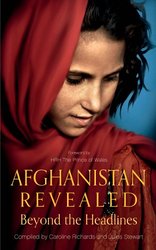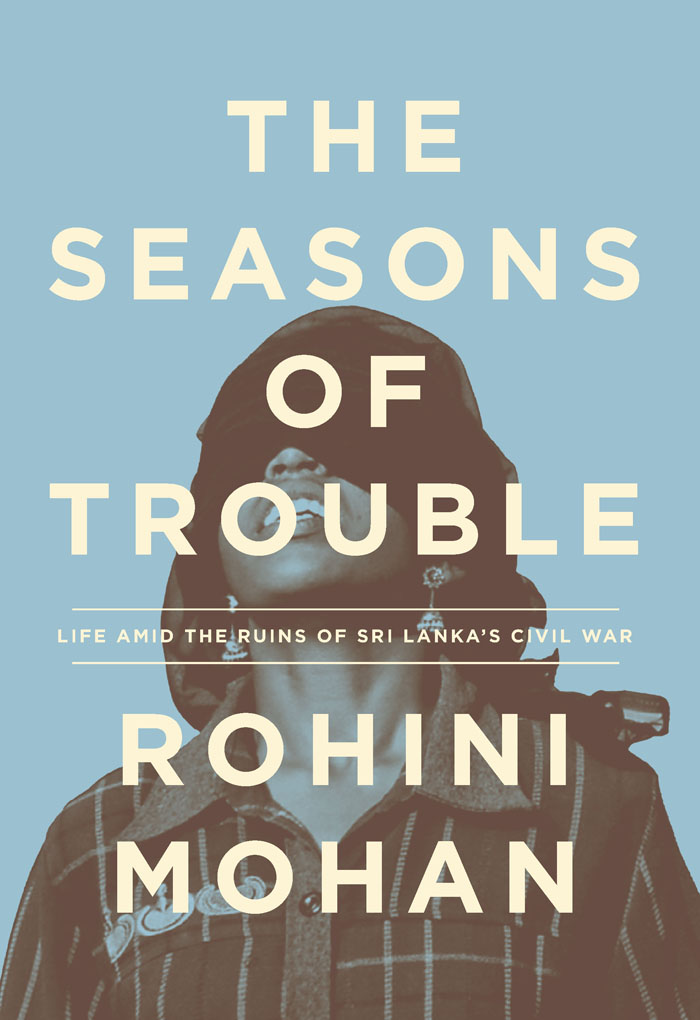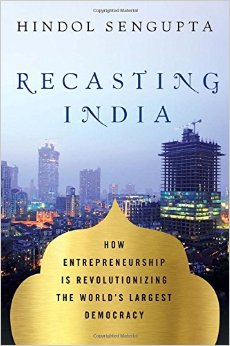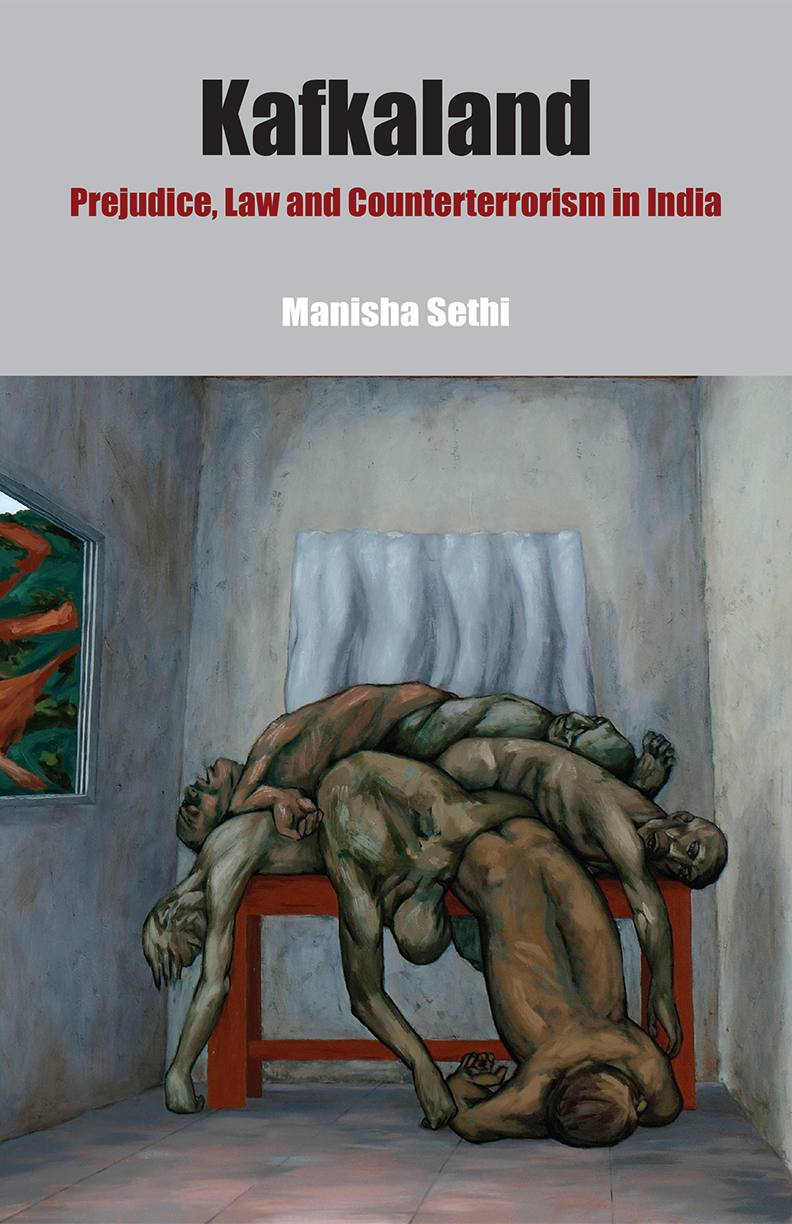Looking back at 2014, here are some of the best books on India and our neighbourhood, recommended by Gateway House experts and staff. Happy holidays!
 Title: The Colonel who would not repent
Title: The Colonel who would not repent
Author: Salil Tripathi (Aleph Book Company)
The book is not just about Mujibur Rahman’s killing and the delivery of justice (or retribution) to his killers. Rather, it is a concise history of Bengal, starting from the arrival of Islam leading to the East India Company’s rule, Curzon’s partition of Bengal and finally, the bloody creation of the country of Bangladesh.
Title: Afghanistan Revealed
Author: Ahmed Rashid (Pen & Swords Books)
Ahmad Rashid’s new book, Afghanistan Revealed provides an incisive view into a country that has held the world’s attention for more than a decade. For India, Afghanistan is a critical partner, and especially because of its access to Central Asia. Understanding it better is a necessity.
This book takes us beyond the media focus on politics and war into the lives of the Afghan people, and the forces that have shaped their individual and collective history.
Title: The Seasons of Trouble: Life amid the ruins of Sri Lanka’s civil war
Author: Rohini Mohan (Random House)
For three decades, Sri Lanka’s civil war tore communities apart. In 2009, the Sri Lankan army finally defeated the separatist Tamil Tigers guerrillas in a fierce battle that swept up about 300,000 civilians and killed more than 40,000. This book is an account of three lives caught up in the devastation and looks beyond the heroism of wartime survival to reveal the creeping violence of the everyday.
Title: Recasting India
Author: Hindol Sengupta (Palgrave)
As India transforms from traditional to modern, rural to urban, agrarian to industrial and old to young, Sengupta’s book offers a look at the change from below: as seen by the entrepreneur, the consumer and, above all, the ordinary citizen.
Title: Kafkaland: Prejudice, Law and Counterterrorism in India
Author: Manisha Sethi (Three Essays Collective)
Through the analysis of prominent terror cases, author Manisha Sethi brings forth the central problem that characterises India’s security establishment: lack of accountability and oversight on their functioning. The book also documents in detail the entrenched religious biases among India’s police officials, which have been strengthened over the years by numerous instances of terrorist violence.
Title: World Order
Author: Henry Kissinger
The chief premise of the book is that the world is in a state of disorder, and the main question it asks is whether America is capable of leading the world out of this disorder.. While warning us that the current state of world affairs is complex, with chaos in the Middle East, the proliferation of nuclear weapons, and the threat of cyberwar, Kissinger writes: “It must not be assumed that, left unattended, these trends will at some point reconcile automatically to a world of balance and cooperation—or even any order at all.”







